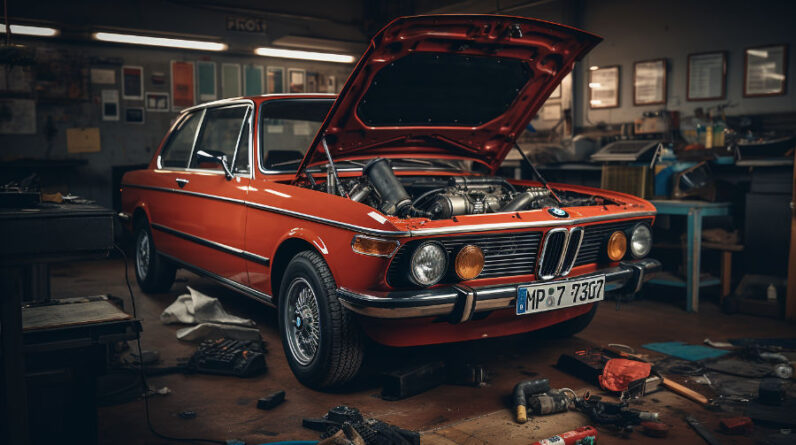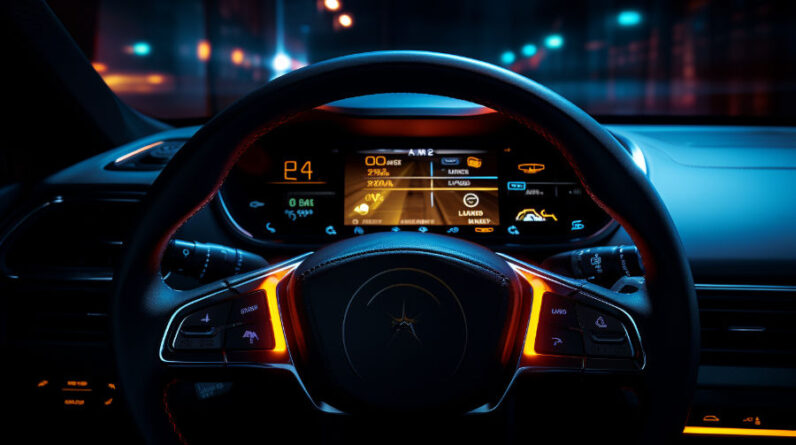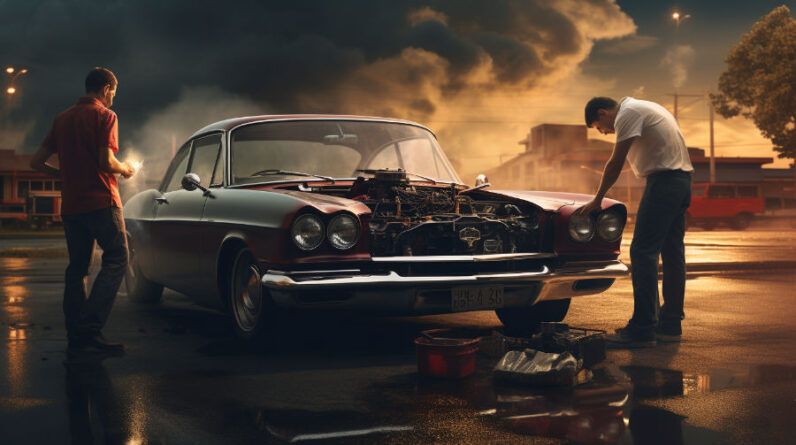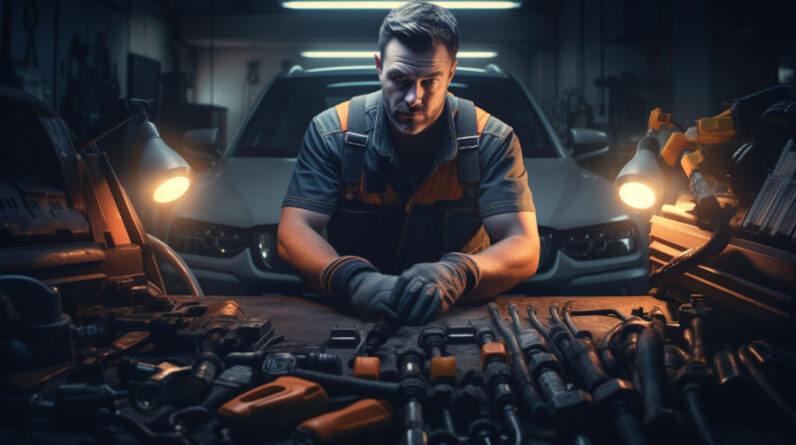Are you tired of being stranded on the side of the road, waiting for a tow truck to rescue you from yet another car breakdown? It’s time to take control of your automotive destiny.
Understanding the common car repairs that can save you time, money, and headaches is the first step towards becoming a confident and self-sufficient car owner. You may have heard the saying that prevention is better than cure, and when it comes to your vehicle, that couldn’t be truer.
By knowing the ins and outs of:
- flat tire repair
- battery replacement
- brake system repair
- oil change and filter replacement
- engine overheating
You’ll be equipped with the knowledge to tackle these common issues head-on.
So, buckle up and get ready to become a master of car repairs. Your journey to automotive independence starts now.
Key Takeaways
- Regular maintenance and preventative measures can save time, money, and headaches when it comes to common car repairs.
- Important car repairs include flat tire repair, battery replacement, brake system repair, oil change and filter replacement, and engine overheating.
- Maintaining proper tire pressure and promptly repairing punctured tires can prevent flat tires.
- Car batteries should be replaced every 3 to 5 years, and signs of a failing battery include slow engine crank, dim headlights, and electrical issues.

Flat Tire Repair
If you’ve ever experienced a flat tire, you know it’s a real hassle that can put a damper on your day. Maintaining proper tire pressure is crucial to prevent flat tires.
When a tire is punctured, it requires immediate repair. The first step is to locate the puncture by inspecting the tire carefully. Once found, the puncture can be repaired using a patch or plug, restoring the tire’s functionality and ensuring a safe ride.
Battery Replacement
When it comes to replacing your battery, did you know that on average it needs to be replaced every 3 to 5 years? To ensure proper battery maintenance and avoid unexpected breakdowns, it’s important to be aware of the signs of a failing battery.
Here are four key indicators to look out for:
- Slow engine crank: If your engine takes longer than usual to start, it could be a sign of a weak battery.
- Dim headlights: Dim or flickering headlights may indicate a dying battery.
- Electrical issues: Malfunctioning electrical components like power windows or door locks can be a result of a failing battery.
- Battery age: If your battery is older than 3-5 years, it’s wise to have it checked and potentially replaced.
By recognizing these signs and addressing battery issues promptly, you can avoid being stranded due to a dead battery.
Brake System Repair
Maintaining a reliable braking system is crucial for your safety on the road, ensuring smooth stops and evoking a sense of confidence in your driving experience. To keep your brakes in top condition, regular brake pad replacement is essential. These pads wear down over time and need to be replaced to maintain optimal braking performance.
Additionally, a brake fluid flush should be done periodically to remove any contaminants and ensure proper functioning of the brake system.
Oil Change and Filter Replacement
Getting an oil change and replacing the filter is like giving your car a refreshing spa treatment, rejuvenating its engine and ensuring smooth performance on the road.
To keep your car running smoothly, here are some oil change tips: use the recommended oil grade, change the oil filter regularly, and follow the manufacturer’s guidelines for oil change intervals.
Regular oil changes provide several benefits, including improved fuel efficiency, increased engine lifespan, and better overall performance.
Engine Overheating
To prevent your engine from overheating, make sure you regularly check the coolant levels and keep an eye on the temperature gauge. Maintaining the coolant system is crucial.
Regular radiator flush and refill is necessary to remove any built-up debris or sediment that can impede the cooling process. This ensures that the coolant can flow freely, effectively dissipating heat and preventing engine overheating.
Stay on top of coolant system maintenance to avoid costly repairs.
Frequently Asked Questions
How often should I check my tire pressure and how can I do it correctly?
To ensure optimal vehicle performance, it is recommended to check your tire pressure monthly using a tire pressure gauge. Start by removing the valve cap, attaching the gauge, and reading the pressure displayed. The correct tire pressure can often be found in your vehicle’s owner’s manual or on the driver’s side door jamb.
Can I replace my car battery myself or should I always take it to a professional?
You can replace your car battery yourself, but it’s recommended to take it to a professional. Car battery replacement requires technical knowledge and precision to avoid damage to your vehicle’s electrical system.
What are the signs that indicate my brake system needs repair?
If you notice a spongy brake pedal, reduced stopping power, or a grinding noise when braking, your brake system may need repair. These signs could indicate issues with your brake fluid or worn brake pads.
Are there any specific types of oil and filters that are recommended for my car?
To ensure optimal performance, it’s crucial to use specific oil types and recommended filters for your car. These choices are based on extensive research and testing, guaranteeing the best results for your vehicle’s maintenance.
What are the common causes of engine overheating and how can I prevent it?
Common causes of engine overheating include a malfunctioning thermostat, coolant leaks, a faulty radiator fan, or a blocked radiator. To prevent engine overheating, ensure proper coolant levels, check for leaks, maintain radiator cleanliness, and replace faulty components promptly.
Conclusion
In conclusion, when it comes to common car repairs, it’s essential to be proactive in maintaining your vehicle’s performance and safety. Taking care of flat tire repairs, battery replacements, brake system repairs, oil changes, and filter replacements can prevent potential issues and extend the lifespan of your car.
By staying on top of these necessary maintenance tasks, you can ensure your engine doesn’t overheat and avoid costly breakdowns. Isn’t it worth investing a little time and effort to keep your car running smoothly?





